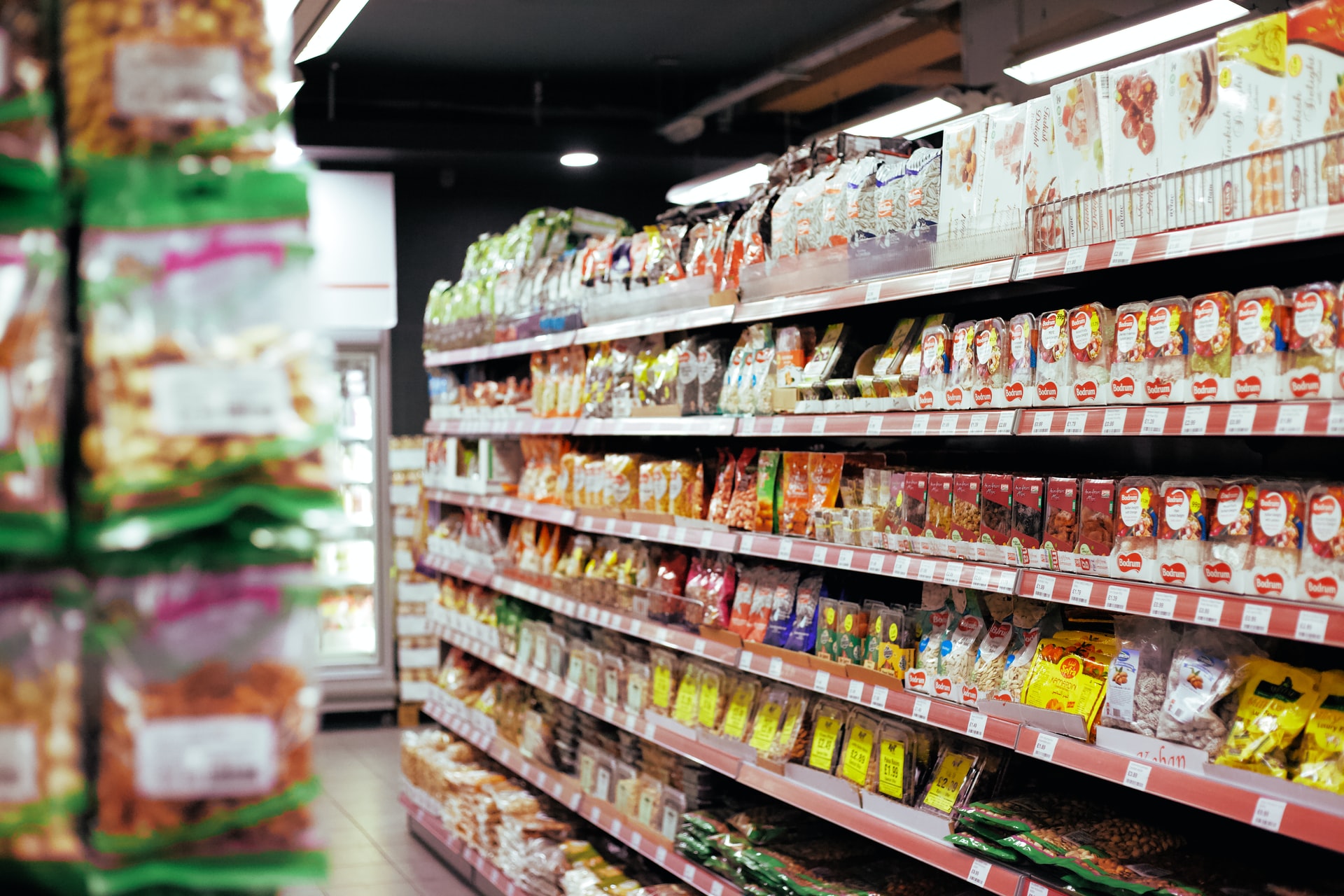Canada News
Holiday food drives: Tossing a can of beans into a donation bin is hardly enough

In fact, after nearly 40 years of food banks, an unprecedented 4.5 million people were still food insecure pre-pandemic. (File photo: Mehradd Vosoughi/Unsplash)
The price of food is expected to climb dramatically in 2021 at a time when many Canadians can barely afford to feed their families, following the economic devastation of the COVID-19 pandemic.
Yet to kick off the “season of giving,” Prime Minister Justin Trudeau posted a pre-Thanksgiving video to Twitter asking Canadians to pick up “an extra item or two for the local food bank and help a family in need.”
Trudeau collected non-perishables at a Metro supermarket, emptied his purchases into a donation bin and assured us that buying food from the grocery retail oligopoly to support local food banks is the Canadian way.
Heading to the store to pick up some things for Thanksgiving dinner? If you’re able to, consider grabbing an extra item or two for the local food bank and help a family in need. This long weekend, let’s continue to be there for one another – it’s the Canadian way. pic.twitter.com/HLvybRfo9c
— Justin Trudeau (@JustinTrudeau) October 10, 2020
It certainly seems to be the government’s way, having invested $200 million through the Emergency Food Security Fund to support food banks and food organizations during the pandemic.
The problem, however, is that this approach fails to reduce food insecurity.
Canadians have an enshrined right to food, but our government contorts food into a gift to those living with food insecurity. This corporatized approach to charity ignores the blatant creation of food insecurity along lines of race, Indigeneity, gender, parenting and relationship status, housing status, precarious labour and social assistance participation. But more than this, the approach simply doesn’t work.
In fact, after nearly 40 years of food banks, an unprecedented 4.5 million people were still food insecure pre-pandemic. At the same time, corporate grocery retail profits have flourished, partly with help from the federal government. What’s more, the concentration of market share of the big three grocery retailers — Loblaws, Sobeys and Metro — rose to at least 80 per cent.
Continuing to promote this corporatized response to Canada’s persistent food insecurity emergency during the pandemic hasn’t changed a thing. Statistics Canada found food insecurity increased during the first wave of the pandemic, while at the same time grocery retail profits soared.
So Trudeau isn’t simply asking us to buy and donate a few extra items; he is beckoning us into a flawed model of ineffective, commoditized charity in two main ways.
1. Ignoring the evidence
Trudeau is effectively asking us to ignore the evidence that lack of income is the key predictor of food insecurity in Canada. Food charity can’t fix this, especially when only about a fifth of food-insecure households actually turn to food banks.
On the other hand, studies in British Columbia and Ontario, and research on the federal Guaranteed Income Supplement for seniors, show food insecurity drops with unconditional cash transfers.
Liveable wages, secure jobs, an income floor provided by a basic income guarantee and strong social programs like childcare, affordable housing and mental health supports are essential to ensuring that all people — including those currently on social assistance or not in the labour force — can afford the food they need.
2. False suggestion grocery giants are benevolent
Trudeau is also effectively asking us to accept Canadian grocery giants as benevolent corporate citizens, implying that their single-minded pursuit of profit somehow corresponds with ending food insecurity in this country. The contradictions here are stark.
From price-fixing schemes and record profits during the pandemic to nearly simultaneously ending pandemic pay for their employees (Sobey’s recently reinstated “hero pay”) just a few months into the first wave while raising shareholder dividends, these corporations don’t ameliorate the hardships of Canadians. They help create them.
The big three grocery retailers are motivated by profit for their shareholders, not well-being for citizens. And despite its international obligations to protect and fulfil the right to food for all Canadians, our government continues to treat food as a commodity, while polishing the good-corporate-citizen veneer of those who profit from this arrangement.
Obvious counterpoint
Canada’s approach to providing universal access to health care and to education at the elementary and high school levels provides an obvious counterpoint to its reckless approach to providing access to food.
Yet Canadians rarely regard food, in many ways more elemental than health care and education, as a public, decommodified good.
The federal government might find courage to pursue this path in the ongoing and overwhelmingly popular support for publicly funded, universal access to health care in Canada.
Instead of heeding Trudeau’s demand to support food charity, it’s time for us to demand more of our state and ourselves. Universal, publicly funded health care and education are effective, so why not embrace this approach to income and food?
During this holiday season, a time of charitable giving for so many Canadians, why not sign this briefing note to support a Basic Income Guarantee?
Or email your local politician to demand universal access to food for all Canadians?
Or prioritize shopping from your local independent grocers, or buy from an alternative social enterprise that prioritizes people over profit?
The amount of passion, goodwill and hard work that has fuelled 40 years of food charity in this country shows we can marshal that collective effort.
As Paul Taylor, executive director of FoodShare Toronto, recently said: “Put down the tins and go sort out the policy.”![]()
Mary Anne Martin, Postdoctoral Fellow with the School of the Environment, Trent University and Michael Classens, Assistant Professor, Trent School of the Environment, Sustainable Agriculture and Food Systems Program, Trent University
This article is republished from The Conversation under a Creative Commons license. Read the original article.





















